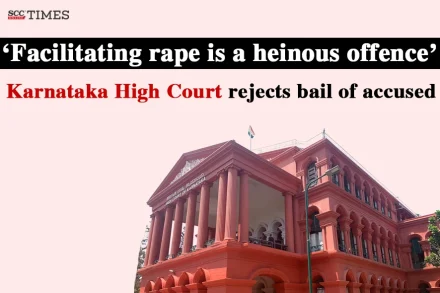
‘Facilitating rape is a heinous offence’: Karnataka High Court rejects bail of accused
“The act committed by the accused along with another accused will remain in her life as a scar.”

“The act committed by the accused along with another accused will remain in her life as a scar.”
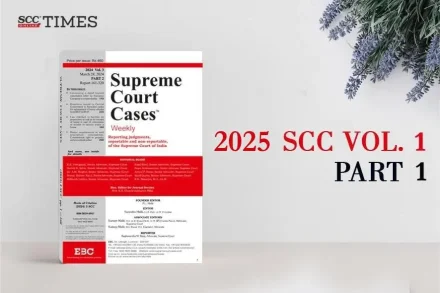
Constitution of India — Arts. 14 to 16, 341 and 342 — Reservation
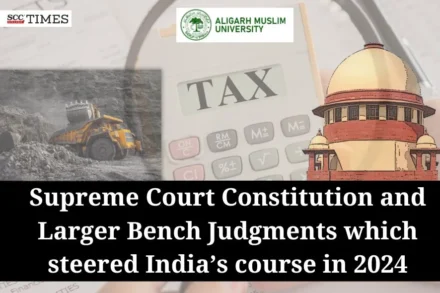
The Supreme Court’s 2024 decisions have marked a significant turning point in the country’s legal and constitutional framework. Key rulings delivered by Constitutional Benches on Electoral bonds, private property, royalty as tax, AMU’s minority status, sub-classification within reserved categories, etc. have left an impact on fundamental rights, political transparency and tax regime, shaping India’s socio-political landscape, influencing both public policy and the broader democratic process.
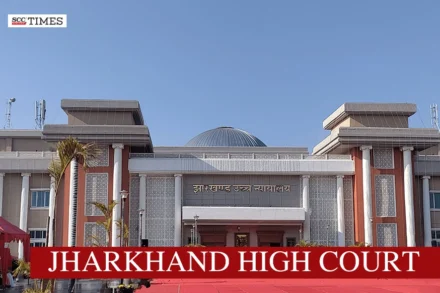
In the present case, the petitioner has helped one lady against the allegation of incumbent sitting Chief Minister, which clearly suggests that maliciously the case was registered against the petitioner and the investigation was also made with pre-occupied mind.
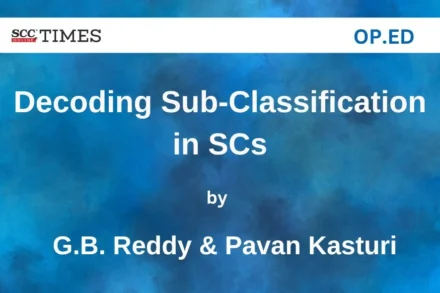
by G.B. Reddy* and Pavan Kasturi**
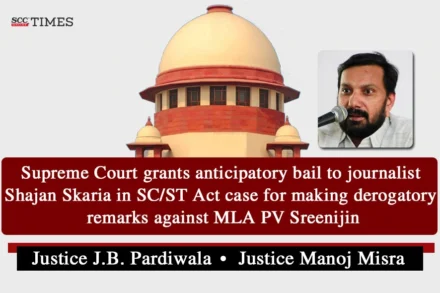
“All insults or intimidations to a member of the Scheduled Caste or Scheduled Tribe will not amount to an offence under the Act, 1989 unless such insult or intimidation is on the ground that the victim belongs to Scheduled Caste or Scheduled Tribe.”
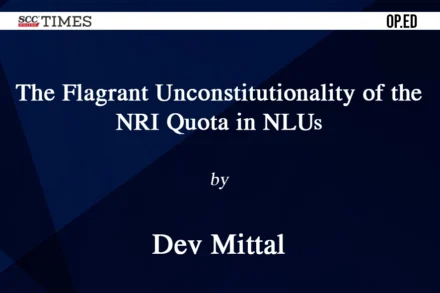
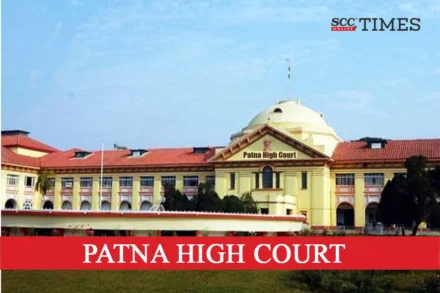
The Court noted that after the collection of data for Caste survey, there was a frog leap into the amendment enhancing the reservations beyond 50%, which was on proportionate representation in the services of the State and educational institutions, which was clearly not permissible under Articles 15(4) and 16(4).
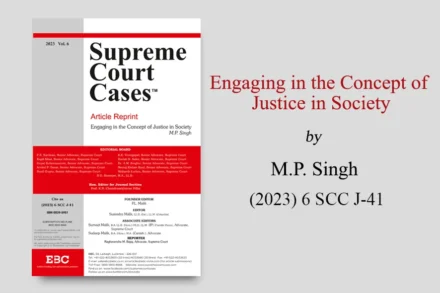
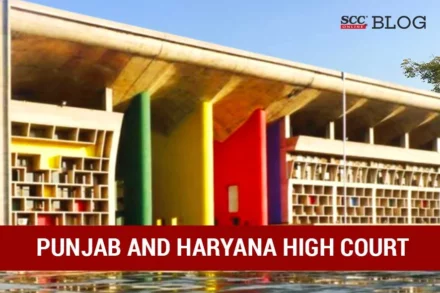
Punjab and Haryana High Court was dealing with a matter involving allegations made by certain members of the Valmiki community regarding the role of Bhagwan Valmiki Ji being incorrectly depicted and telecast in Colors TV serial.
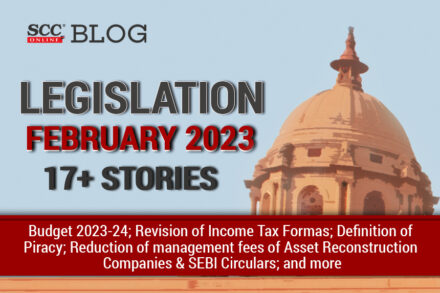
UNION CABINET Union Budget 2023-24 Highlights: What’s in bag for middle-class? On 1-02-2023, the Union Finance Minister, Nirmala Sitharaman announced the Union

A quick legal roundup to cover important stories from all High Courts in December 2022
Karnataka High Court: Krishna S Dixit J. quashes the criminal proceedings as the SC-ST act is not retrospective in nature. The petitioners
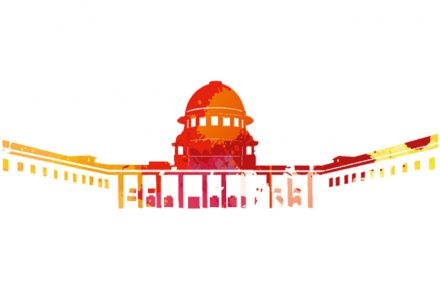
“The aspiration of equal treatment of the lowest strata, to whom the fruits of the reservation have not effectively reached, remains a
The Central Educational Institutions (Reservation in Teachers’ Cadre) Ordinance, 2019 No. 13 of 2019 Promulgated by the President in the Seventieth Year
Madhya Pradesh High Court: In the instant writ petition, wherein it was prayed that the use of nomenclature ‘Dalit’ be prohibited in
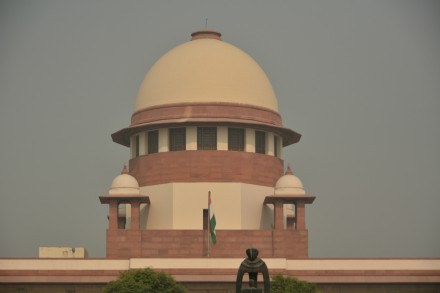
Supreme Court: In a petition highlighting the plight of the members of Scheduled Castes and Scheduled Tribes, the Court noticed that there

Supreme Court: In a case where the election of the appellant was challenged on ground that he, being a Muslim, is not